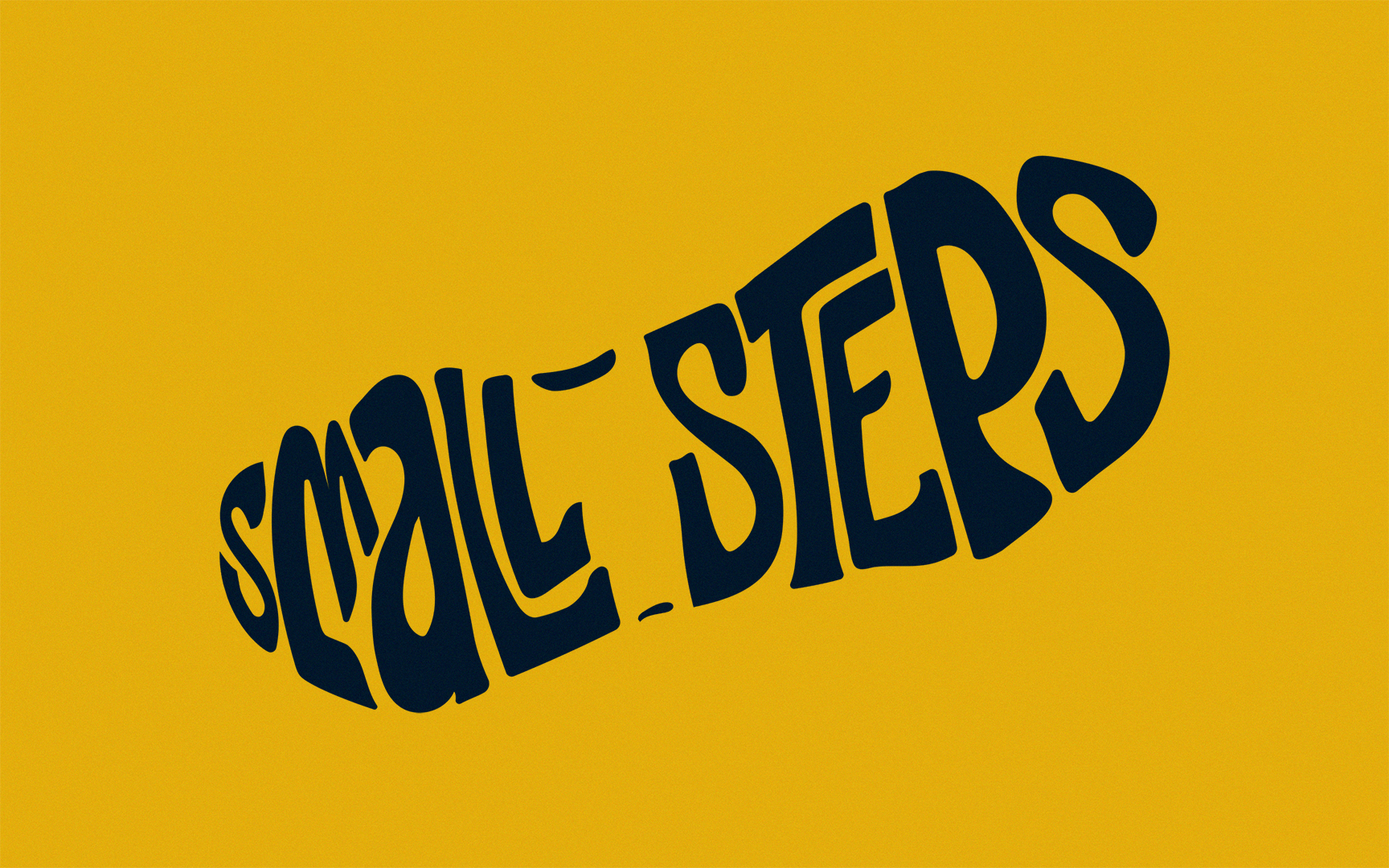Everyday I wake up to an increasingly bizarre and cryptic notification from my Co–Star astrology app. Today’s message was a simple, “Are you starting shit?”
I don’t think I am. I’m barely starting the mundane things I need to do, let alone stirring any sort of proverbial pot. Should I be starting shit? Maybe this was a call to disrupt my typical routine and do something more impulsive than my typical bed-to-desk-to-bed quarantine routine. Maybe Co–Star wanted me to engage in some sort of civil unrest, shake up the system a little bit. Regardless, it got me thinking.
Astrology is often proclaimed to be pseudoscience; simply New Age spiritualism packaging itself as fact. That is, of course, to the dismay of astrologers who never claimed it was a science to begin with. This argument assumes that for something to be useful and impactful, it must be scientific in nature in the first place.
Many also argue that leaning into astrology and horoscopes is harmful, since they make it seem like our lives are predestined and we have no control over our actions. In this view, those who follow astrology must believe they are all fully guided by the stars, unable to control their impulses to act due to whims of planetary motion.
While I am not one for disregarding the idea of free will and skepticism, I think this notion is pretty flimsy. Are there not a myriad of forces in our world that limit our freedom to act as we truly wish? We’re born into a slew of conditions that form who we are and who we can be, for better or worse. Race, nation, year of birth, sex, family and more shape who we turn out to be. So are the stars really the system we need to question?
Additionally, astrology doesn’t make us more removed from human impulses; it could actually help bring us in dialogue with them. It’s human nature to view yourself as a sort of “main character” in your life and to have trouble truly understanding the complicated idiosyncrasies of others. There’s even a word for the phenomenon of realizing that all the people you pass by have lives just as extensive as your own — sonder.
Astrology could help fight this impulse. By knowing that all people have detailed charts showing how they love, how they fight, how they think and how they dream, it reminds us that everyone is just as complex and flawed as we are.
The current age is filled with uncertainty and insecurity, from a pandemic to contentious elections to economic downturn — It’s no surprise that people have decided to turn to a belief system to help guide them. There are many more dangerous paths to go down when looking for answers to life’s big questions than downloading Co–Star or hiring a chart reader. Astrology is a belief system like any other, and your ascription to it is as personal as what religion you may or may not follow — and that won’t change no matter how much people tear it down.
Graphic by Taylor Reddam
